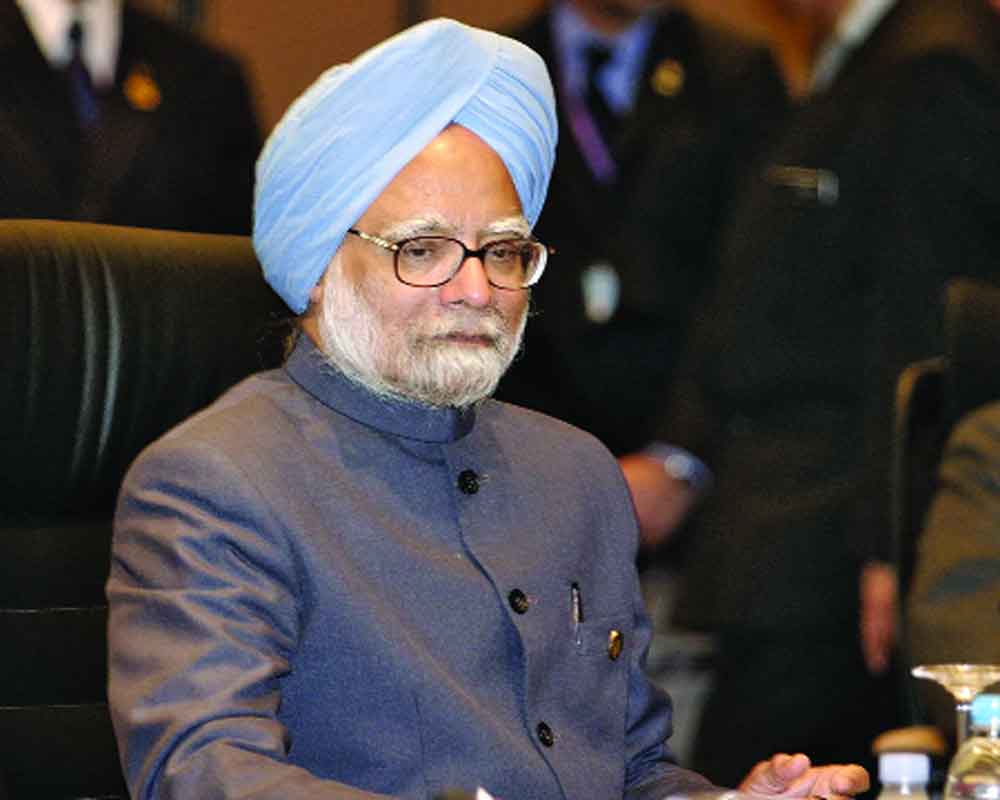Dr Manmohan Singh ends 33-year parliamentary career with quiet dignity, just as he had worked
In a quiet but significant moment in Indian political history, two-term former Prime Minister Dr Manmohan Singh has bid farewell to public life and the Rajya Sabha after 33 remarkable years in Parliament. His retirement from the Upper House culminates a distinguished career that has left an indelible mark on the nation’s economic landscape and political discourse. Born on September 26, 1932, in Gah, Punjab (now in Pakistan), Manmohan Singh’s journey from an academic economist to the highest echelons of politics is a testament to his intellect, integrity and dedication to public service. After completing his education at Panjab University and the University of Cambridge, where he earned his doctorate in economics, Dr Singh embarked on a prolific academic career, holding prestigious positions at institutions like the Delhi School of Economics. However, his foray into policymaking catapulted Dr Singh into the national spotlight. In 1971, he was appointed the Chief Economic Adviser to the Government of India, where his expertise in economics and prudent policymaking earned him widespread acclaim. His tenure as the Governor of the Reserve Bank of India from 1982 to 1985 consolidated his reputation. His role as the Finance Minister in the early 1990s, however, truly defined his legacy. When India was grappling with a severe economic crisis, Dr Singh spearheaded bold reforms that liberalised the economy, dismantled stifling regulations and opened the doors to foreign investment. The historic liberalisation measures paved the way for India’s emergence as a global economic powerhouse.
In 2004, Dr Singh scripted another chapter in his illustrious career when he took over as the Prime Minister, leading the UPA Government. As the first Sikh to hold that office and the first non-Hindu to serve consecutive terms, his tenure was marked by a focus on inclusive growth, social welfare schemes and infrastructure development. Through his 10-year tenure, Dr Singh faced both praise and criticism: While supporters lauded his statesmanship, economic acumen and commitment to secularism, his detractors accused him of being a weak leader overshadowed by the Congress leadership. He was often ridiculed as ‘Maun Mohan Singh’. But the gentleman that he is, Dr Singh never retorted, a virtue long lost in Indian politics. In contrast to the later leadership, Dr Singh regularly conducted press conferences and faced challenging questions. His unwavering dedication to public service continued even after demitting the PM’s office in 2014. He continued to serve as a member of the Rajya Sabha, offering his insights and expertise on matters of national importance. As the soft-spoken Dr Singh bids adieu to the hallowed halls of Parliament, it marks the end of an era in Indian politics. While critics may question his political legacy, few can dispute the profound impact he has had on shaping India’s economic trajectory and global standing. The lessons gleaned from Dr Singh’s tenure will continue to resonate, guiding policymakers towards a more prosperous and equitable future.


























